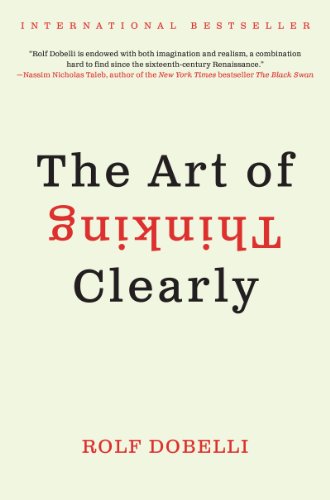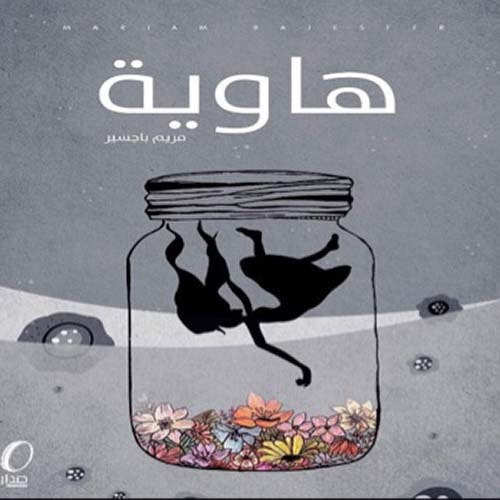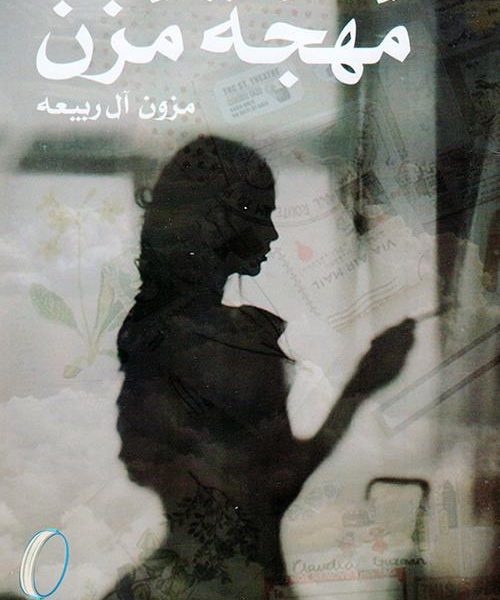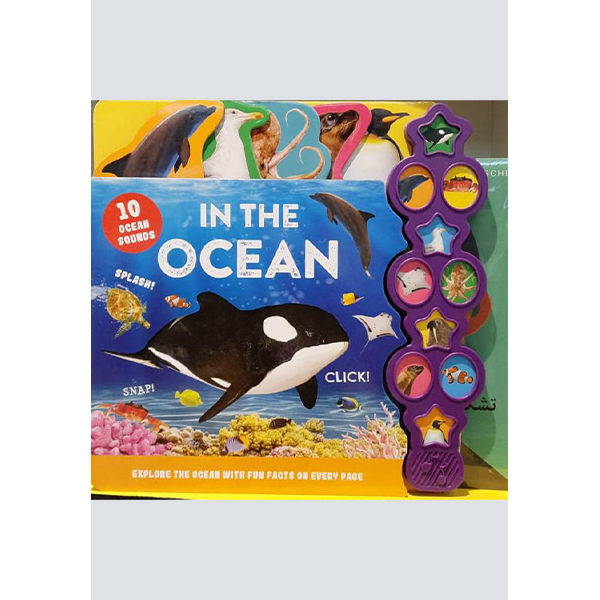كلوز Close 3
كاره للعب الورق بشتى أنواعها
لا يتلفظ بلفظ خارج عن الأدب ولا يبتسم،
وحتى في سفره غريب
عدو للضِحك لكنّهُ صافي القلب
مُهاجر برغم عدم هجرته،
وللأسف مرضه الروتين ودوائه الشعر.
للعلم: ينتهي اسم والده بحرف الدال.
1984 OM
There are only four ways in which a ruling group can fall from power. Either it is conquered from without or it governs so inefficiently that the masses are stirred to revolt or it allows a strong and discontented Middle group to come into being or it loses its own self- confidence and willingness to govern. These causes do not operate singly and as a rule all four of them are present in some degree. A ruling class which could guard against all of them would remain in power permanently. Ultimately the determining factors is the mental attitude of the ruling class itself.
دخان: مذكرات دبلوماسي سابق
دخان
مدينة صغيرة في شمال غرب قطر ، ينشأ بطل الرواية في تلك المدينة مع تفجر أول بئر للنفط في قطر .
قصة عشق للأرض و الناس ، وغصة حب لزواج فاشل ، ثم زواج ناجح خارج تراب الوطن .
دبلوماسي ناجح يؤسس حياة جديدة في الغربة ، إلا أنه يعود في النهاية إلى الأرض الأصل .
عبدالرحمن من الناس الذين حاولوا أن يغيروا النمطية الاجتماعية ، في شكل ثورة علي التقاليد ، بكل تضحياتها ومآسيها ، فهل نعتبره ناجحا !؟
The Art of Thinking Clearly
Despite the best of intentions, humans are notoriously bad—that is, irrational—when it comes to making decisions and assessing risks and tradeoffs. Psychologists and neuroscientists refer to these distinctly human foibles, biases, and thinking traps as “cognitive errors.” Cognitive errors are systematic deviances from rationality, from optimized, logical, rational thinking and behavior. We make these errors all the time, in all sorts of situations, for problems big and small: whether to choose the apple or the cupcake; whether to keep retirement funds in the stock market when the Dow tanks, or whether to take the advice of a friend over a stranger.
The “behavioral turn” in neuroscience and economics in the past twenty years has increased our understanding of how we think and how we make decisions. It shows how systematic errors mar our thinking and under which conditions our thought processes work best and worst. Evolutionary psychology delivers convincing theories about why our thinking is, in fact, marred. The neurosciences can pinpoint with increasing precision what exactly happens when we think clearly and when we don’t.
Drawing on this wide body of research, The Art of Thinking Clearly is an entertaining presentation of these known systematic thinking errors–offering guidance and insight into everything why you shouldn’t accept a free drink to why you SHOULD walk out of a movie you don’t like it to why it’s so hard to predict the future to why shouldn’t watch the news. The book is organized into 100 short chapters, each covering a single cognitive error, bias, or heuristic. Examples of these concepts include: Reciprocity, Confirmation Bias, The It-Gets-Better-Before-It-Gets-Worse Trap, and the Man-With-A-Hammer Tendency. In engaging prose and with real-world examples and anecdotes, The Art of Thinking Clearly helps solve the puzzle of human reasoning.
Learn to count 123
The World of Eric Carle Learn to count 123 is an educational product for children.
More children’s books? Click here!
الوتين
What the Ladybird Heard Next
Once upon a farm lived a ladybird, And these are the things that she saw and heard Those crafty robbers Hefty Hugh and Lanky Len are out of jail, and they’re heading back to the farm with another cunning plan to cause trouble.
They’ve been stealing eggs from the fat red hen, but now they’re setting their sights higher and are planning to steal the fat red hen herself! Fortunately, the quiet, clever ladybird is on their trail, and she and her farm animal friends have a plan of their own.
Join the cow, the goose, the horse, the sheep, the cat, and everyone’s favorite ladybird in this amusing farmyard caper – a much-anticipated sequel to the hugely successful What the Ladybird Heard, which has sold over a million copies worldwide.
Children will love the gorgeously glittery eye-catching cover and spotting the sparkly ladybird on every page. With slapstick action, animal noises, and a mysterious Snuggly Snerd bird, What the Ladybird Heard Next is destined to become yet another classic in the Julia Donaldson and Lydia Monks collection.
Praise for What the book: “Bursting with color and verve” – Daily Telegraph”
A terrific and witty adventure” – The Guardian
More Kids’ books? Click here!
In the ocean
Press the buttons, and make a splash in the ocean with this fun, noisy board book!
Part of the 2021 NAPPA-award-winning Discovery 10-Button Sound Books series
Splash in the ocean with 10 sound buttons! Swim through the world’s oceans and learn about whales, seals, dolphins, and more with stunning photography. Then press the sound buttons to hear all the splashing, singing, roaring, and squeaking!












